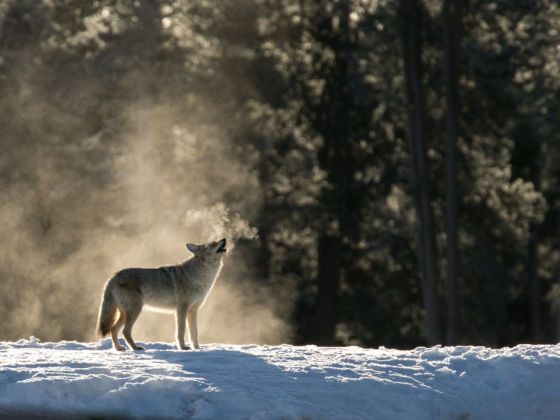THIS JOB APPEALS TO THOSE who are passionate about the outdoors, and to those who feel more than a little wild themselves. But aside from the romance, what can you really expect from this career?
There are many types of wildlife biologists. Some sit at a desk all day. If you prefer a job in the field, look into field biologist or research biologist positions.
